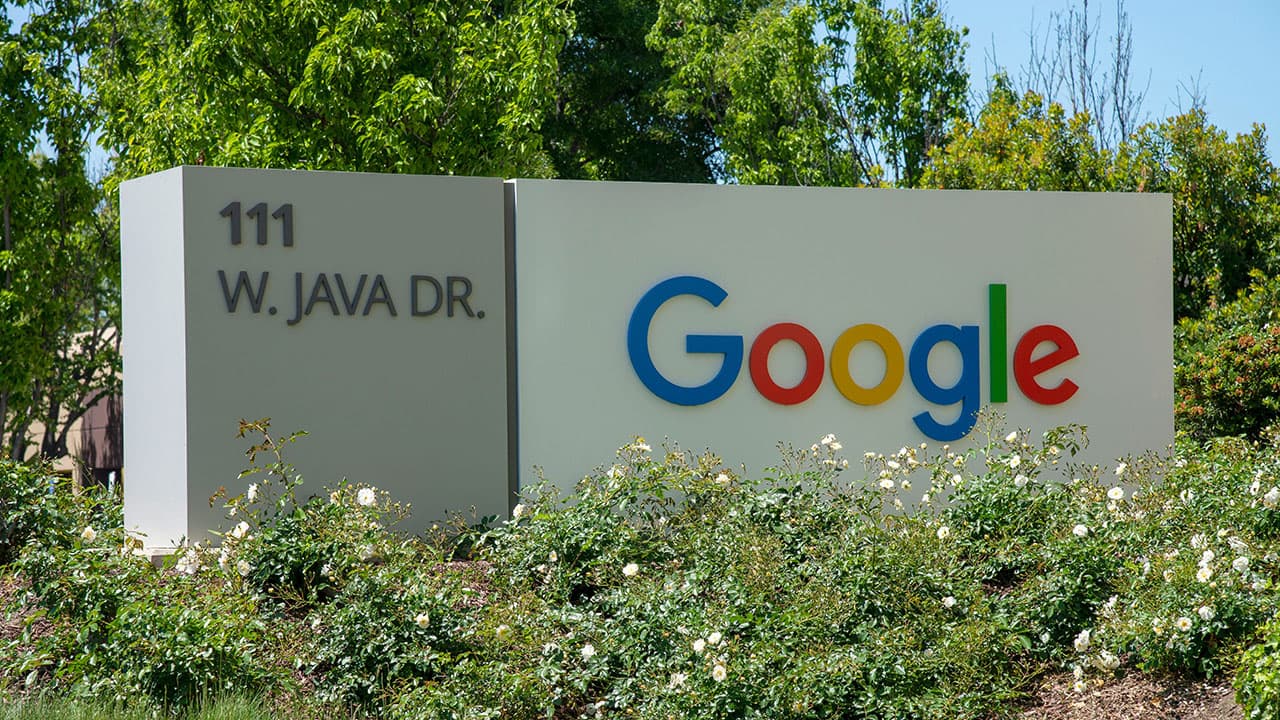Google Workspace Admin Alerted to Class Action Involving End Users: What You Need to Know
As of October 1, 2024, Google Workspace administrators received an important notification from Google regarding a class action lawsuit, Rodriguez et al., v. Google LLC. This lawsuit, filed in July 2020, could impact some end users within organizations using Google Workspace, and administrators are advised to take note of potential obligations. Here's a breakdown of the situation and what it means for your business.
Overview of the Lawsuit
The class action involves allegations that Google unlawfully accessed data from users of non-Google mobile apps, even when certain privacy settings — Web & App Activity (WAA) or supplemental Web & App Activity (sWAA) — were turned off. Plaintiffs claim that Google collected and used this data through software embedded in non-Google apps, violating privacy rights and certain laws.
The lawsuit specifically mentions three key legal claims:
- Invasion of Privacy
- Intrusion Upon Seclusion
- Violation of the Comprehensive Computer Data Access and Fraud Act (CDAFA)
While Google denies these allegations and no ruling has been made yet, a federal court certified four distinct classes of users who may be entitled to damages and other legal remedies.
How Does This Affect Google Workspace Users?
Even though the case primarily concerns non-Google app activity, some Google Workspace end users may still be considered class members. If any of your organization’s end users had their Web & App Activity settings turned off between July 1, 2016, and September 23, 2024, they might receive a class notification email.
However, it’s important to note:
- Enterprise accounts (i.e., Google Workspace accounts) are excluded from certain claims (such as invasion of privacy and intrusion upon seclusion). Nonetheless, they are still included in the claim related to violations of the CDAFA.
- These notifications may impact users who used non-Google apps while logged into their Google Workspace accounts and who fit certain class definitions.
What Should Google Workspace Administrators Do?
Google has attached a list of impacted users in your organization who may receive class action notifications. Here’s how you can manage this situation effectively:
-
Review the List of Affected End Users: The CSV file provided by Google contains the email addresses of end users in your organization who will receive the class notification. Make sure you review this list to understand the scope of the potential impact.
-
Prepare for End User Questions: It’s likely that some end users will have questions about the class notice they receive. Administrators should be ready to direct these users to additional resources, such as the lawsuit’s official website or Google’s designated support line for this case.
-
Ensure Compliance with Google Workspace Terms of Service: Google advises administrators to review their obligations under the Terms of Service, particularly Sections 3 and 7, which may involve your role in legal notifications and data management. Ensure that you are compliant with any necessary steps to distribute or acknowledge the class notice to affected users.
-
Follow Legal Updates: As the case develops, keep an eye on further communication from Google or court-appointed notice administrators. Legal proceedings may evolve, and new obligations or updates could be issued.
Is There Cause for Concern?
At this stage, there’s no immediate cause for alarm for businesses using Google Workspace. This notification is largely procedural, and no ruling has been made regarding the lawsuit’s merits. However, it is important to ensure compliance with any legal or notification obligations and be aware of potential inquiries from affected end users.
Additional Resources for Further Information
Google has provided specific resources to assist administrators and end users with any questions. For more details, administrators and users can visit the official lawsuit website at www.GoogleWebAppActivityLawsuit.com or call the dedicated support line at (855) 822-8821.












